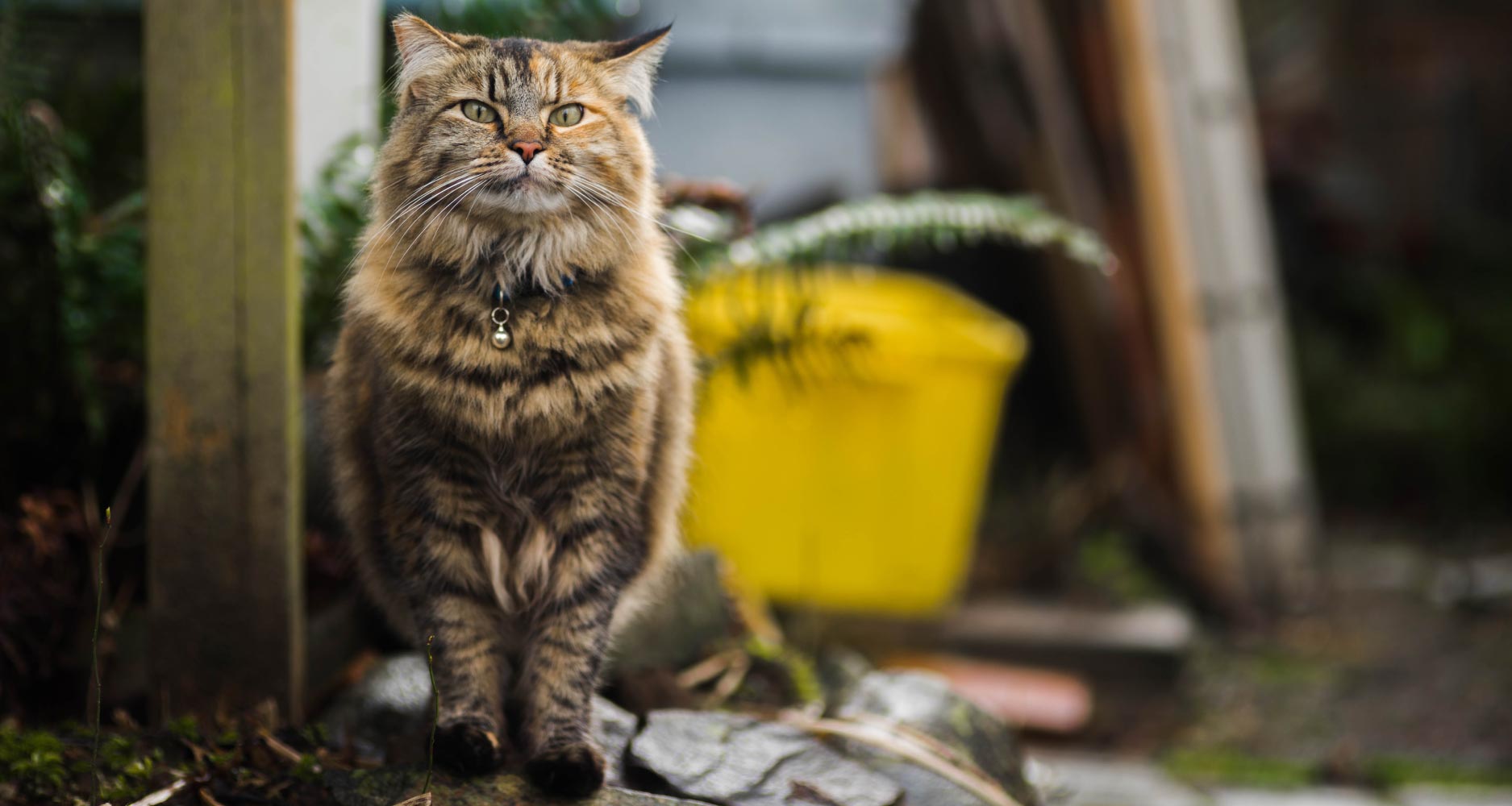HEALTH & WELLNESS

VOTING BOOTH

TRENDING

LIONS FOUNDATION OF CANADA DOG GUIDES
Lions Foundation of Canada Dog Guides and its founding program, Canine Vision Canada, was established in 1983. It’s the largest school of its kind in Canada with its training school in Oakville and breeding facility in Breslau.
HEART DISEASE IN CATS

We don’t want to know or think about it, but cats, just like people, can also suffer from heart disease. Any disease that affects the heart muscle is called cardiomyopathy and can lead to heart failure.
Cardiomyopathies are classified according to the effect they have on the heart muscle:
- Hypertrophic cardiomyopathy (HCM): the volume of blood in the heart is reduced and the heart muscle can’t relax properly between contractions.
- Dilated cardiomyopathy (DCM): enlargement of the heart causing ineffective contracting.
- Restrictive cardiomyopathy (RCM): the wall of the heart becomes stiff and inelastic which prevents the heart chambers from filling normally.
- Intermediate cardiomyopathy (ICM): more than one type of disease is present, for example hypertrophy and dilatation.
SIGNS OF HEART DISEASE IN CATS
There are similarities between how heart disease presents itself in cats and dogs, but there are also exceptions. Cats can often hide symptoms better which means it takes longer to detect the problem. There are signs you should look out for.
To help, consider these questions:
- Is your cat more restless than usual?
- Does your cat seem weak, less playful or does she tire easily?
- Has your cat recently fainted or collapsed?
- Is your cat’s abdomen swollen (bloated)?
- Have you noticed a decreased appetite?
- Has your cat become withdrawn or does she seem depressed?
- Is your cat struggling to walk normally, specifically with her hind legs? It could be thromboembolisms (blood clots).
- Has your cat’s breathing become laboured? Do you notice shortness of breath or rapid breathing?
- Has your cat been vomiting?
If more than one sign is significantly present, contact your veterinarian and arrange a checkup. Your kitty’s heart health depends on it!
Should your veterinarian recommend surgery, ask about treating anticipated pain to help your cat feel more comfortable after the procedure.
Related Articles








